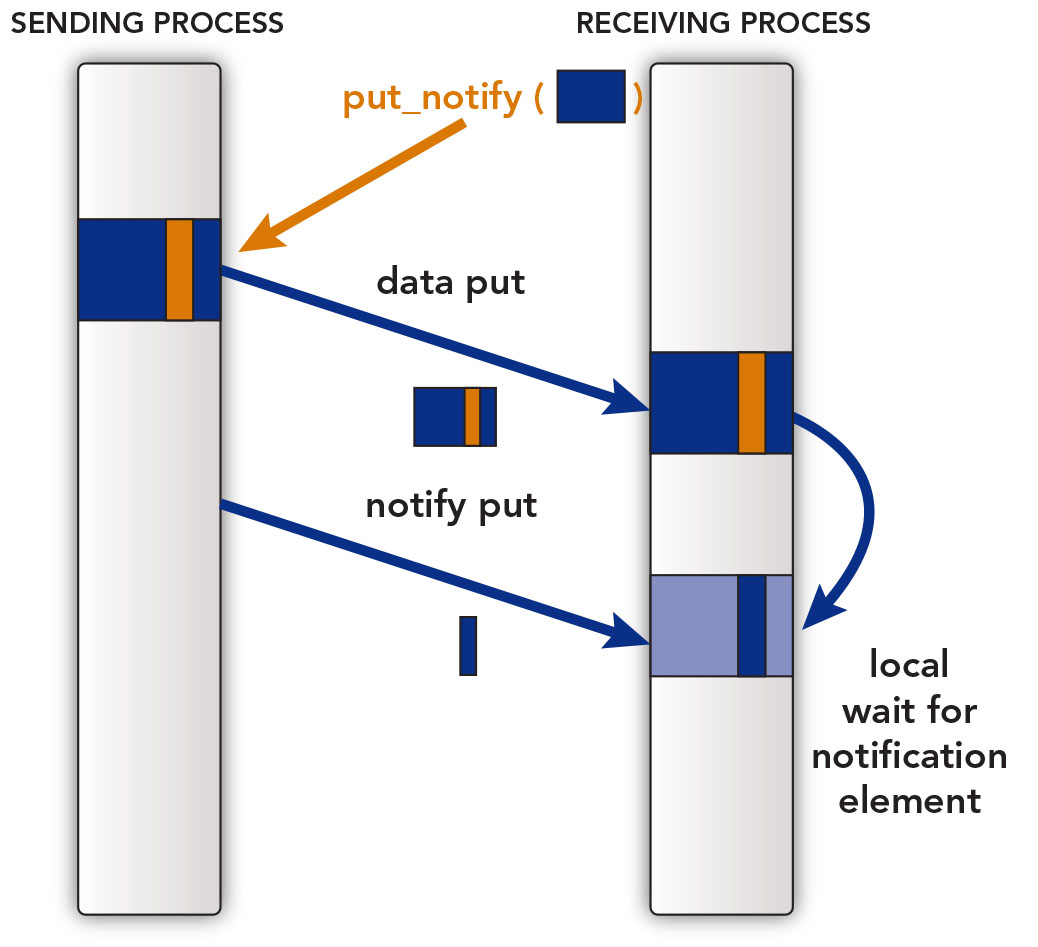
No Downtime for Communication
To take advantage of enormous resources that next-generation super computers are expected to have, DOE researchers at PNNL designed a new put_notify capability that allows a process to initiate and complete data to another process without synchronization.

Daniel Chavarria Selected to Present at 2013 IEEE CCGrid Conference
Congratulations to Dr. Daniel Chavarría, a computer scientist at the U.S. Department of Energy's Pacific Northwest National Laboratory, on being selected to present at the 13th Institute of Electrical and Electronics Engineers (IEEE) and Association for Computing Machinery (ACM) International Symposium on Cluster, Cloud and Grid Computing. The conference has only a 22 percent acceptance rate, and Chavarría's paper was one of only 57 papers accepted.

Maria Vlachopoulou Named "New Face of Engineering" by IEEE
Maria Vlachopoulou has been honored with a "New Face of Engineering" award by the Institute of Electrical and Electronics Engineers. The award highlights the vitality, diversity and rich contributions of engineers 30 or younger. Maria was recognized for her breakthrough research in computer algorithms and mathematical models supporting the transition of the U.S. power grid to a more secure, efficient, and robust system.
.jpg)
PNNL Scientist Invited to Participate in National EPA Advisory Panel
Katrina Waters, a senior research scientist in computational biology and bioinformatics at the Department of Energy's Pacific Northwest National Laboratory, was invited to participate in an Environmental Protection Agency Scientific Advisory Panel on methods for prioritizing endocrine disrupting chemicals using computational toxicology tools.
The panel is convened under the Safe Drinking Water Act and will discuss and make recommendations to the EPA on how to prioritize the listing of chemicals that have the highest potential to interact with the human estrogen receptor system.

PNNL Researchers Selected to Present at Biology Conference
Bill Cannon and Haluk Resat, researchers in the Computational Biology & Bioinformatics Group at the Department of Energy's Pacific Northwest National Laboratory, were selected to present at the Quantitative Biology conference winter meeting.


